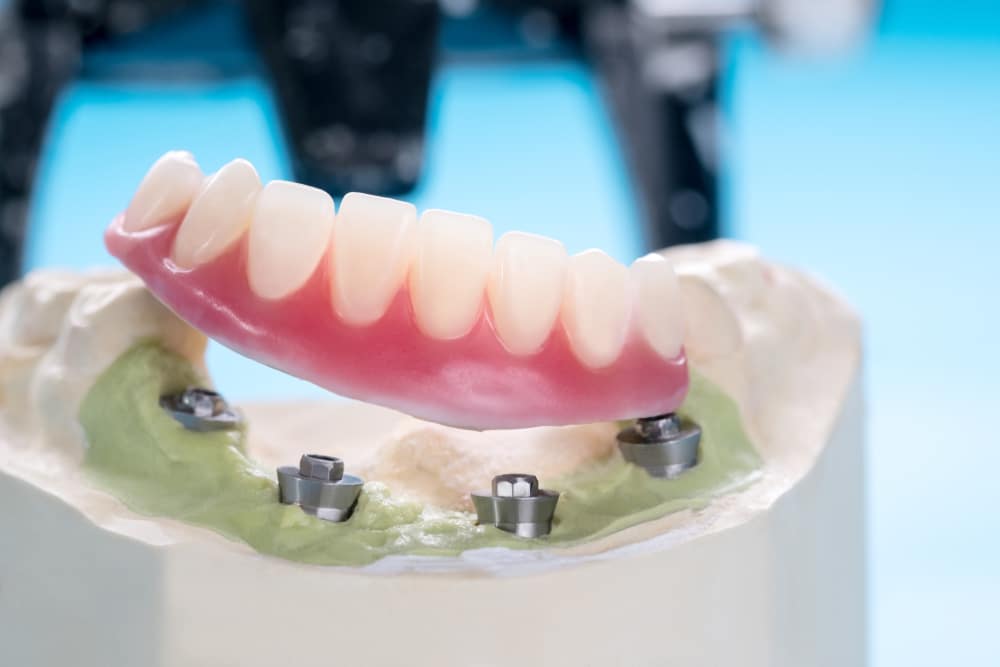
When it comes to restoring your smile and dental functionality, dental implants have been a game-changer. But have you heard about mini dental implants? These smaller counterparts to traditional implants are gaining popularity due to their unique advantages. In this blog, we will delve into what mini dental implants are, their uses, costs, and how they compare to regular dental implants.
What Are Mini Dental Implants?
Mini dental implants, often referred to as dental mini implants or simply mini implants, are smaller in diameter compared to traditional dental implants. While regular dental implants typically range from 3.4 to 5.8mm in diameter, mini implants are generally 1.8 to 3.3mm in diameter. Despite their size, mini dental implants offer a wide range of benefits.
Uses of Mini Implants
1. Securing Dentures: Mini implants are often used to stabilize and secure dentures. They provide added support and retention, preventing slipping or discomfort while eating and speaking. This can significantly improve the quality of life for denture wearers.
2. Replacing Small Teeth: Mini dental implants are suitable for replacing smaller teeth, such as incisors and premolars, where there may not be enough space for a traditional implant.
3. Bone Graft Alternative: Mini implants can sometimes be used in cases where the patient has minimal bone structure, eliminating the need for extensive bone grafting procedures.
Mini Implants Cost
One of the advantages of mini implants is that they are typically more cost-effective than traditional implants. The reduced size and simpler surgical process contribute to lower overall costs. However, it’s important to note that the cost of dental implants, whether mini or regular, can vary depending on factors like location, the number of implants required, and any additional procedures, such as extraction or bone grafting.
Mini Implants for Dentures
For individuals with dentures, mini implants can be a life-changing solution. Here’s how they work with dentures:
1. Improved Stability: Mini implants are strategically placed in the jawbone to anchor the dentures securely. This eliminates the need for messy adhesives and the fear of denture slippage.
2. Enhanced Chewing Efficiency: With the stability provided by mini implants, denture wearers can eat a wider variety of foods with confidence.
3. Minimal Discomfort: The surgical procedure for mini implants is less invasive, resulting in reduced post-operative discomfort and a shorter recovery period.
Mini Implants vs. Regular Implants
Let’s compare mini implants and regular implants to help you understand the differences:
- Size: Mini implants are smaller in diameter than regular implants, making them suitable for cases with limited space.
- Surgical Procedure: Mini implant placement is less invasive, often requiring a simpler and quicker procedure, whereas regular implants may involve more extensive surgery.
- Cost: Mini implants are generally more cost-effective due to their reduced size and simplified surgical process.
- Stability: While both types of implants offer stability, mini implants are particularly well-suited for securing dentures and smaller teeth.
- Bone Health: Regular implants may have a slight advantage in maintaining long-term bone health due to their larger size and increased bone integration.
Mini dental implants are a versatile and cost-effective solution for various dental needs, including securing dentures and replacing smaller teeth. Their smaller size and simplified surgical process make them an attractive option for many patients. When considering dental implants, it’s essential to consult with your dentist to determine the most suitable type of implant for your specific case. Whether you opt for mini implants or regular implants, the goal is the same: to restore your smile and improve your dental health.
